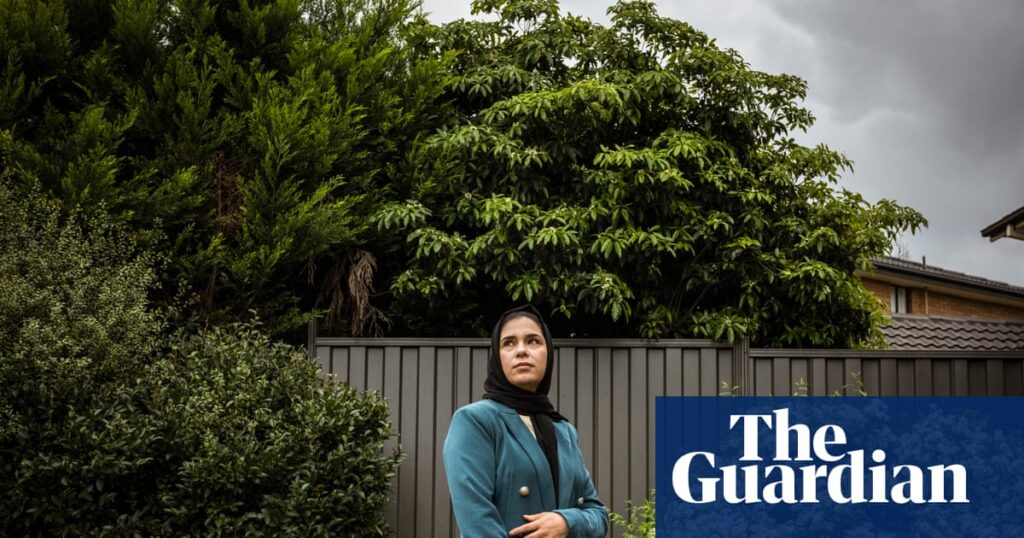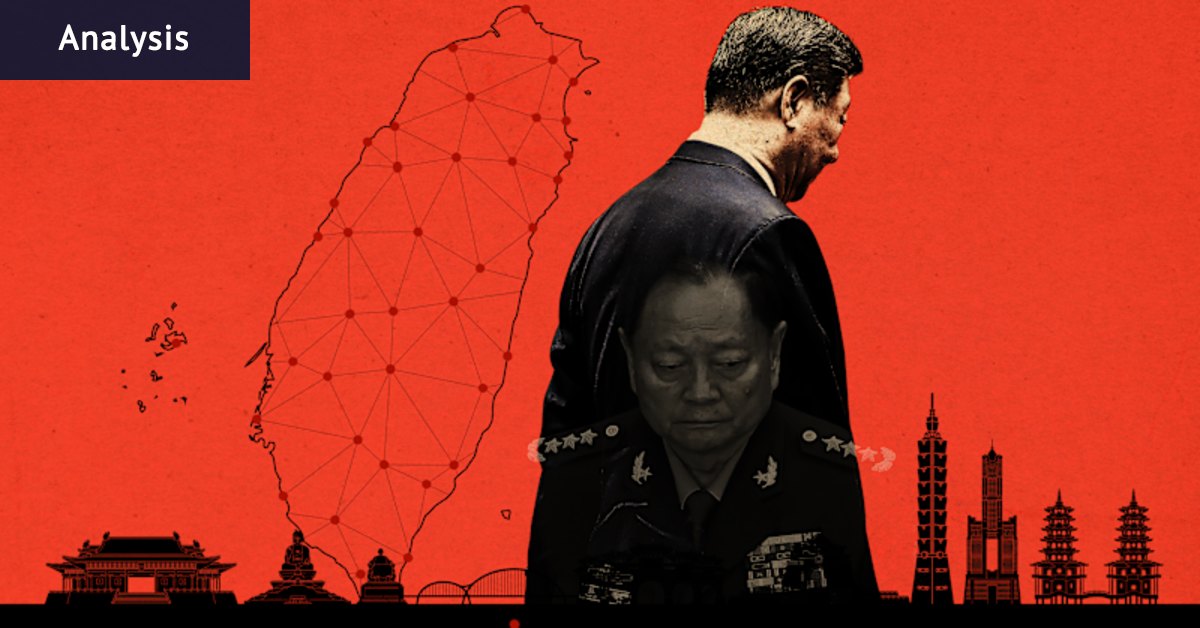
The Taliban commander, armed with a machine gun, emerged from a tan Ford Ranger left behind by U.S. troops. Accompanied by fighters, he knocked on the door of a female judge who had once sentenced him to prison. It was August 17, 2021, just two days after the Taliban seized control of Kabul following the withdrawal of U.S. and allied forces. The mass release of prisoners by the Taliban unleashed a wave of criminals seeking vengeance, placing female judges—staunch advocates for women’s rights and justice—in grave danger.
Pakiza Nawim, a trailblazing judge, was alerted by a neighbor that the commander she had sentenced for the rape of a 13-year-old boy was at her doorstep. Fortunately, Nawim and her family had already fled, anticipating the fall of Afghanistan and the peril it posed to her due to her judicial work. Four years later, Nawim and her colleagues continue to fear Taliban retribution against their family members still in Afghanistan and those at risk of deportation in neighboring countries.
Seeking Refuge and Facing Uncertainty
Nawim’s family is among more than 160,000 Afghans awaiting Australia’s offshore humanitarian visas. Her 13 relatives, currently in Iran illegally after fleeing Afghanistan in 2023, fear deportation back to their home country. “I was the reason for this situation for my family. I feel guilty,” Nawim confides, her words translated by her husband.
Appointed as a primary court judge in 2018, Nawim presided over criminal cases in Afghanistan’s Maidan Wardak province, about 35 kilometers from Kabul. She was the youngest judge in the province. That same year, she sentenced the commander to 14 years in prison for raping a child. He had warned her in court, “I will take revenge on you and your family.”
The Price of Justice
In 2019, a suicide bomber attacked the court district where Nawim worked, prompting her government-appointed security guards to flee. From then on, she relied on her family for protection, appointing her brothers as her security guards. Nawim believes her brothers, now in Iran, would be killed by the Taliban for assisting a female judge if they returned to Afghanistan. Her 70-year-old mother, suffering from severe back pain, fears deportation by Iranian authorities if she seeks medical treatment.
“Sometimes during the night, I’m not able to go to sleep. I have anxiety and stress because my mother cannot have medical essentials,” Nawim says. “I’m thinking about my family a lot.”
Despite the threats, Nawim remained resolute in her mission. In her final year on the bench, she wore a full burqa to conceal her identity when traveling to court. “I wanted to change the perspective of the people that the ladies are not able to do anything. I tried to make changes in the community,” she asserts. “I tried to put a legacy for the next generation that ladies are powerful and they are able to change the society.”
Australia’s Humanitarian Response
The 19 judges who resettled in Australia were granted temporary protection visas, which have since converted into permanent residency. However, the path to Australia for thousands of other Afghans remains fraught with complexity and delays. In 2022, Australia allocated 26,500 visa places for Afghans under the offshore humanitarian visa program, extending through mid-2026. Yet, the demand far exceeds this allocation.
Since August 2021, over 251,000 Afghans have applied for visas through this program, with only about 20,000 granted. Afghan nationals accounted for 59% of all offshore humanitarian visa applicants in the 2023-24 financial year.
The suspension of operations at Australia’s embassy in Iran in June, due to security concerns amid the Iran-Israel conflict, has further complicated the issuance of exit permits for visa holders. Iran and Pakistan have increasingly forced Afghans without valid visas to return to Afghanistan, with the UN estimating over 2.1 million Afghans have been returned or forced back, including 352,000 from Pakistan and 1.5 million from Iran.
A spokesperson for the Department of Home Affairs stated that despite the closure of the embassy in Iran, humanitarian visas for applicants in the country continue to be processed. “Resettlement of Afghans continues to be a key priority of Australia’s offshore humanitarian program,” the spokesperson emphasized.
A New Life in Australia, A Lingering Fear
Nawim now resides in Melbourne with her husband, three sons, and in-laws. Reflecting on the fall of Afghanistan, she recalls, “It was like waking from a dream that was full of color. When the Taliban came, we woke in a black and white world.”
While Nawim hopes to study law in Australia someday, her primary concern remains her family’s safety. “I’m thinking a lot about my family members. If I feel that my family is safe, then definitely I can continue my education,” she says. “I am still that Pakiza that can fight for education, fight for justice.”







